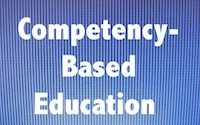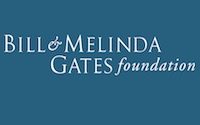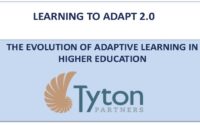
Moving the Red Queen Forward: Maturing Analytics Capabilities in Higher Education
This article is drawn from the recent research by the EDUCAUSE Center for Analysis and Research (ECAR) and Gartner researchers on the state of analytics in higher education. This research explores the analytics trends as well as future predictions for the deployment of analytics technologies. Publications include The Analytics Landscape in Higher Education, 2015; Institutional […]














